Dates Japan cannot deny
Updated: 2014-02-26 03:55
(China Daily)
|
||||||||
China's proposal to establish a national memorial day for those who died during the Nanjing Massacre in 1937 and a commemorative day for victory in the War of Resistance Against Japanese Aggression (1937-45) is an unequivocal demonstration of its resolve to safeguard regional and world peace.
It serves as a reminder to the far-right forces in Japan, ahead of global activities to celebrate the 70th anniversary of victory in the anti-fascist war, that history should not be forgotten.
The brutalities committed by the Japanese invaders left a lasting scar in the hearts of the Chinese people. Tens of millions of Chinese people were killed, including the more than 300,000 people that were brutally slaughtered in the Nanjing Massacre in 1937. Japanese troops also conducted lethal biochemical experiments on live Chinese captives and committed numerous acts of rape and other appalling atrocities.
The war, meanwhile, testifies to the perseverance and unyieldingness of the Chinese people in safeguarding sovereignty, territorial integrity and national dignity.
So the proposal by the Standing Committee of the National People's Congress also illustrates China's determination to safeguard its national interests and world peace when Japanese far-rightists repeatedly attempt to whitewash their history and deny the results of trials by the International Military Tribunal for the Far East.
It is natural for countries to have memorial days and for China, one of the most seriously victimized countries during World War II, the two days will be a show of respect and mourning for the victims and a reminder of the necessity of building up its national strength.
Such a necessity is not unfounded.
The far-right forces in Japan have never ceased to deny the historical facts. As a sign of that blind stubbornness, Japanese Prime Minister Shinzo Abe visited the Yasukuni Shrine, which honors 14 Class-A war criminals convicted in the Tokyo Trials, in December.
Its fact-distorting history textbooks, which omit its war atrocities, have also aroused great concern in the international community. Moreover, Japanese politicians are trying to break the decades-old non-nuclear principles, and Japan has hoarded nuclear materials — including massive amounts of weapons-grade plutonium — that pose a threat to regional peace.
All countries in the region and beyond need heightened awareness that militarism could be revived in Japan if they fail to keep it at bay.
Contact the writer at @chinadaily.com.cn
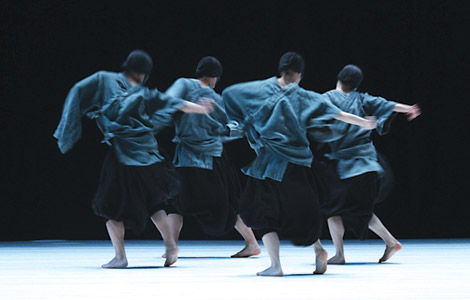
 TAO Dance troupe premieres '5' at NYU
TAO Dance troupe premieres '5' at NYU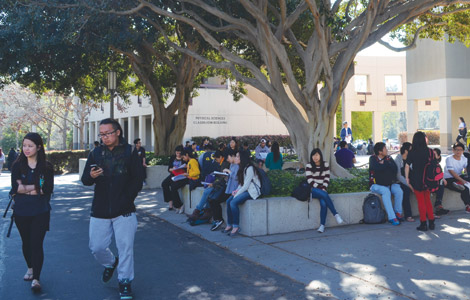
 Fight brewing over race in admissions
Fight brewing over race in admissions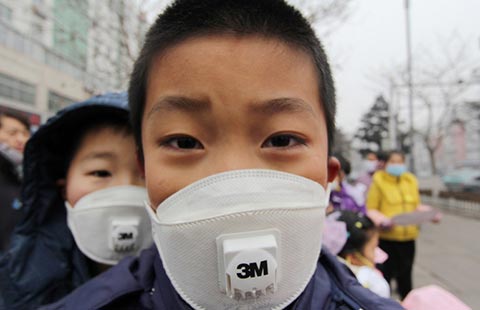
 Top 10 cities with worst smog in China
Top 10 cities with worst smog in China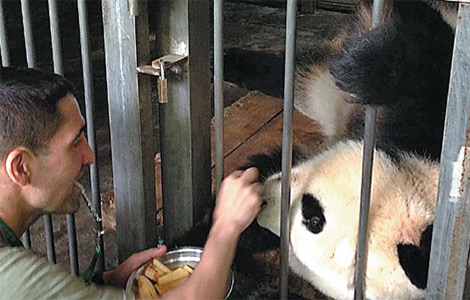
 Playing with pandas
Playing with pandas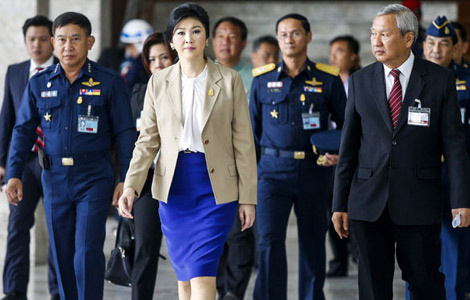
 Explosion, gunfire ring out near Bangkok protest site
Explosion, gunfire ring out near Bangkok protest site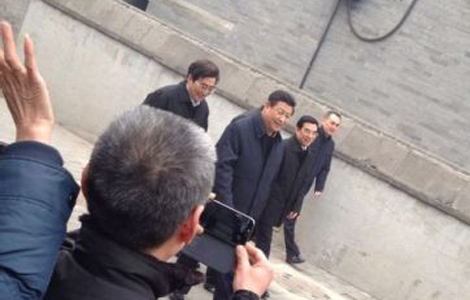
 President Xi spotted at popular hutong in Beijing
President Xi spotted at popular hutong in Beijing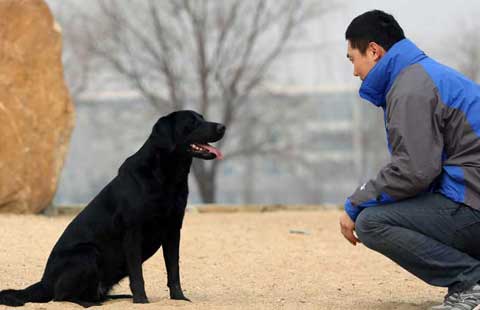
 Guide dogs trained in NE China
Guide dogs trained in NE China
 Motorcyclist rally supporting Venezuela's Maduro
Motorcyclist rally supporting Venezuela's Maduro
Most Viewed
Editor's Picks

|

|

|

|

|

|
Today's Top News
Beijing protests US post on Tibet
President Xi pops in to Beijing's hutong
Huawei straps on smartwatch play
Pentagon plans to shrink army
Fight over race in admissions
US ready to aid Ukraine financially
Huawei straps on smartwatch play
Consumer economy 'not' happen
US Weekly

|

|





